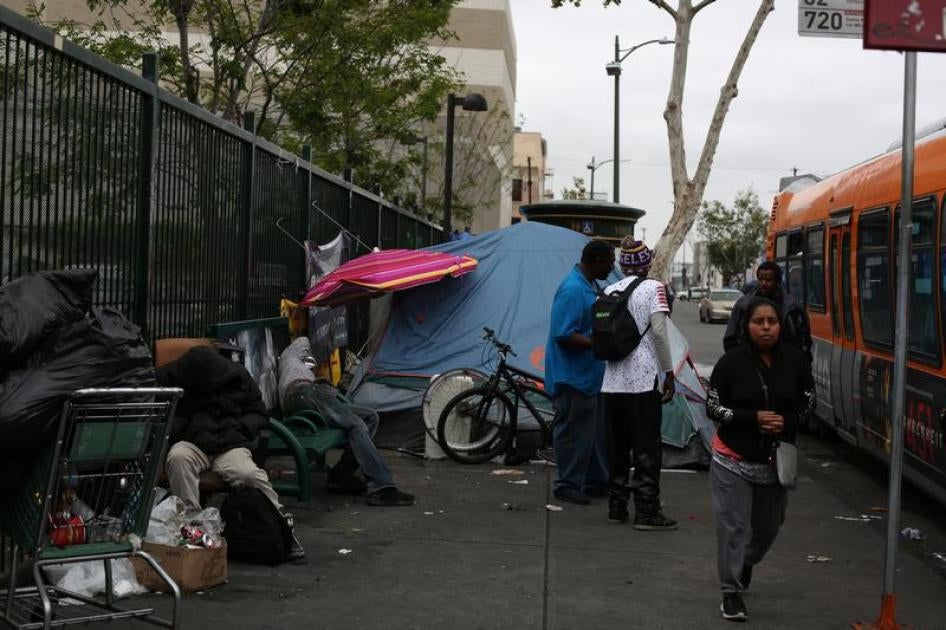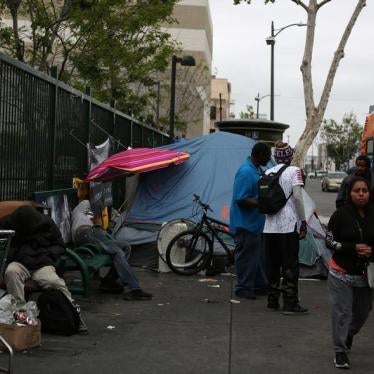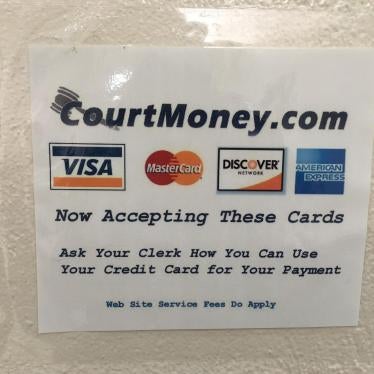Is extreme poverty a serious problem in the world’s wealthiest country? Yes, says the United Nations’ expert, Philip Alston, who released a report on severe poverty in the United States last month. No, says the US ambassador to the UN, Nikki Haley, or at least not even close to the extent claimed. In fact, the US released a report last week claiming that the US’ war on poverty was “largely over.” Haley also published an op-ed dismissing the Alston report as “patently ridiculous.” This was in part because, she said, the vast majority in the US do not live in poverty and also because thousands of government officials, non-profit, charitable and religious organizations try to address poverty in the United States.
That is true. And this impoverished minority still deserves our attention – 40 million according to US census data, though the White House prefers to use “consumption-based poverty” to argue that only 3 percent or roughly 10 million Americans are truly poor. The dramatic economic inequality in the US, reported to be the highest among Western countries, is one of the more compelling reasons to focus on American poverty.
Alston, the UN Special Rapporteur on extreme poverty and human rights, called on the US to “decriminalize being poor,” prompting Haley to retort that “nowhere in America is it a crime to be poor.” She’s right that US laws don’t literally make poverty a crime, but scores of state and local laws criminalize acts like loitering, panhandling and public urination that disproportionately impact the poor and homeless.
Human Rights Watch has documented how the cost of private probation supervision disproportionately harms the poor, often criminalizing a person’s inability to pay their probation fees and court costs and driving them further into poverty; how state bail systems penalize the poor; how criminalization reduces access to health care and services for the most vulnerable populations, such as sex workers and those seeking help with drug addiction; and many other ways state policies exacerbate and contribute to poverty here in the US.
Haley also lambasted Alston for writing a report about the US when it provides the UN with more funding than any other country. Clearly a UN expert should not consider how much money a government gives to the UN when deciding what to investigate – that would risk unacceptable bias.
Rather than attacking the report, the Trump administration’s time would be better spent addressing its many legitimate concerns.









